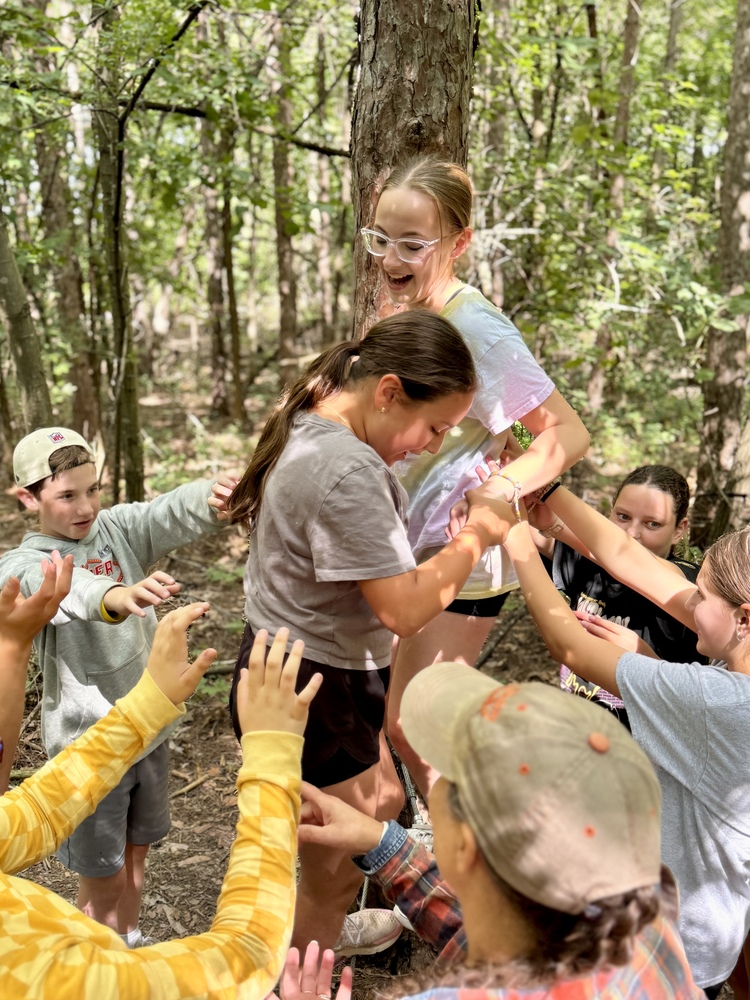When I ask students what Draco Malfoy from Harry Potter and Rodrick from Diary of a Wimpy Kid have in common, the answer comes quickly: “They’re bullies!”
Fictional bullies may get laughs or groans, but real bullying is no joke. At Heilicher, we work every day to create a culture of safety, kindness, and inclusion. And while we are proud of the environment we’ve built, we also want to be honest: Bullying can happen anywhere — even in a small, values-driven school like ours.
We’re committed to addressing any student dynamic issues with seriousness, transparency, and compassion.
When a Concern Arises: What Happens Next?
If you or your child has a concern, here’s what to do:
Start with your child’s general studies teacher or adviser. They are often the first to notice patterns and are trained to help students work through conflict.
Reach out to our Student and Teacher Resource Team. Led by Beth Shapiro, this team provides emotional support, conflict mediation, and — when appropriate — disciplinary follow-up.
If the concern continues, contact administration. Jackie Smith (general studies director) and Dr. David Ackerman (Jewish studies director) are both available to support families in navigating serious or ongoing concerns.
We take every report seriously. If a behavior is found to meet the definition of bullying — targeted, repeated, and involving a power imbalance — we take action. Our response may include
Mediation or restorative conversations,
Emotional support for the student(s) involved,
Parent communication and partnership, and
Disciplinary consequences, as needed.
What We Ask of Parents
Parents often wonder: Should I let my child handle this on their own? Should I step in?
Beth Shapiro suggests a balance: “Start by listening and validating your child’s experience. Then reach out to us so we can work together.” Questions like “What did you try in the moment?” or “What would you like to happen next?” help children build problem-solving and self-advocacy skills — with adult support.
A strong parent-school partnership is essential. We don’t expect you to manage this alone — and we appreciate your trust and help as we navigate these moments together.
Prevention Is a Daily Practice
Heilicher incorporates social-emotional learning into every grade level through the Second Step program, which teaches
Respectful communication,
Empathy,
Conflict resolution, and
Anti-bullying strategies.
We also foster connection across grades through buddy programs, all-school lunch tables, and multigrade middle school Town Hall houses — creating meaningful opportunities for students to model kindness, leadership, and responsibility.
As Jackie Smith, director of general studies, explains, “When students regularly interact across ages, they form deeper relationships and learn to treat one another with empathy and care.”
Living Our Values Every Day
Our school values kavod (respect), achrayut (responsibility), and k’hillah (community), and these principles are central to how we respond to bullying. We don’t promise that hurtful behavior will never happen; however, we do promise to respond with honesty, consistency, and the care your child deserves.
If you have questions or concerns or would like to talk more, please don’t hesitate to connect with your child’s teacher or a member of our Student and Teacher Resource Team. Together, we are building a school where every student feels safe, seen, and supported.

